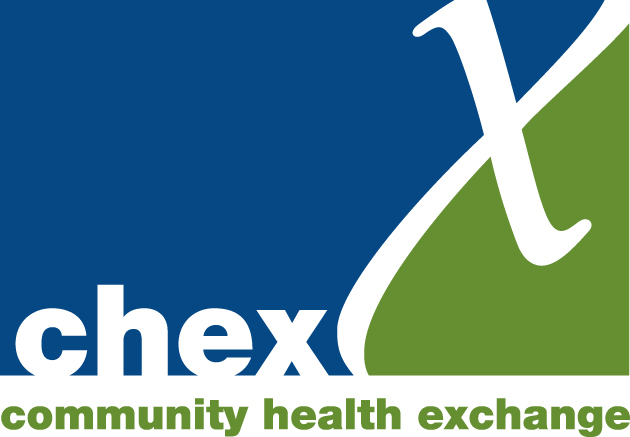Achieving the urgent action required to tackle Scotland's health inequalities crisis
As a partnership of national and local third and community sector intermediaries and organisations, we have come together in the spirit of collaboration to issue this joint statement on prevention.
Scotland’s persistent and growing health inequalities affect people across the population. At a time when healthy life expectancy has fallen to a ten-year low, the need for collective action is more urgent than ever before.
We welcome the recent publication of three key documents that, together, set out a renewed national policy on prevention: the Public Service Reform Strategy, the Population Health Framework, and the Health and Social Care Service Renewal Framework.
The third and community sector played an important role in developing these documents, informed by our experience of working with and in communities living with the unfair and avoidable consequences of health inequalities.
But more must be done, and urgently, if we’re to improve people’s lives.
Preventative approaches mean identifying and tackling root causes before negative outcomes occur.
For health inequalities, that means dealing with the underlying causes that result in some communities experiencing an unfair shortening of their lives and less time in good health.
Urgent actions required
We need a clear definition and understanding of prevention
We need a clear, specific, and consistently applied definition of prevention to see this way of working properly applied across all levels of policy delivery. That means resources being allocated to prevention and the impacts of this approach being measured properly to capture the positive impact.
We must put the hard-to-do parts of policy into practice
Tackling the 'hard-to-do' aspects of policy implementation that take us beyond ambition and into reality. That means proper co-production with communities and the third sector, long-term investment, transparency and accountability, courageous leadership, evidence gathering, and working across silos.
We need a whole system approach with a properly resourced third sector
A sustainably resourced third and community sector that is treated as an equal partner in decision making with a public sector committed to working in, and with, communities. Prevention is complex and requires a whole system approach that includes the public, third and community sector - and those who directly experience health inequalities.
Prevention case studies
To support this statement, we have developed a series of case studies which show what primary, secondary and tertiary preventative approaches look like in action. They are based on the experiences and work of organisations in our networks and make reference to the different types of preventative approaches that can be utilised.
Primary Prevention
“Action on the building blocks of health which stops problems
happening in the first place.”
Secondary Prevention
“Action which focuses on early detection of a problem to support early intervention and treatment or reduce the level of harm.”
Tertiary Prevention
"Minimising the negative consequences (harm) of a health issue through careful management."
About this statement
This statement has been jointly published by Edinburgh Community Health Forum, Health and Social Care Alliance Scotland (the ALLIANCE), Scottish Community Development Centre (including CHEX), and Voluntary Health Scotland.
Our intended audience is decision makers at local and national levels, and stakeholders supporting policy implementation like Public Health Scotland.
Our aim is to share our vision for prevention and recommendations for turning ambitious policy intent into action.
We wish to make clear, that this statement is not intended as a vehicle for influencing party political pledges ahead of the Scottish Parliament election next year.
To discuss this statement or find out more please get in touch.

